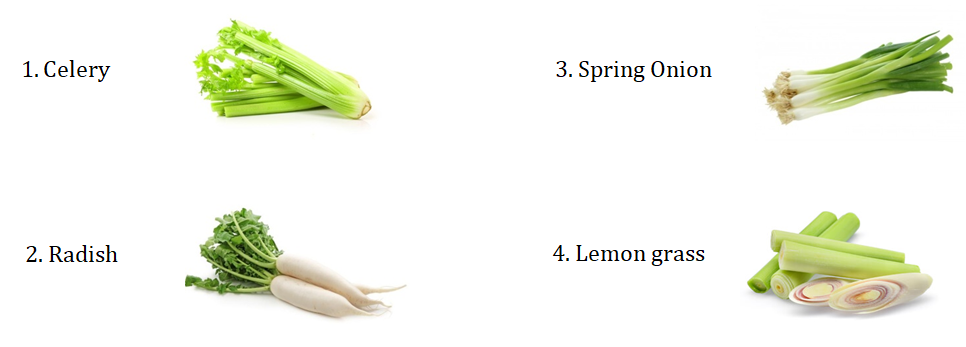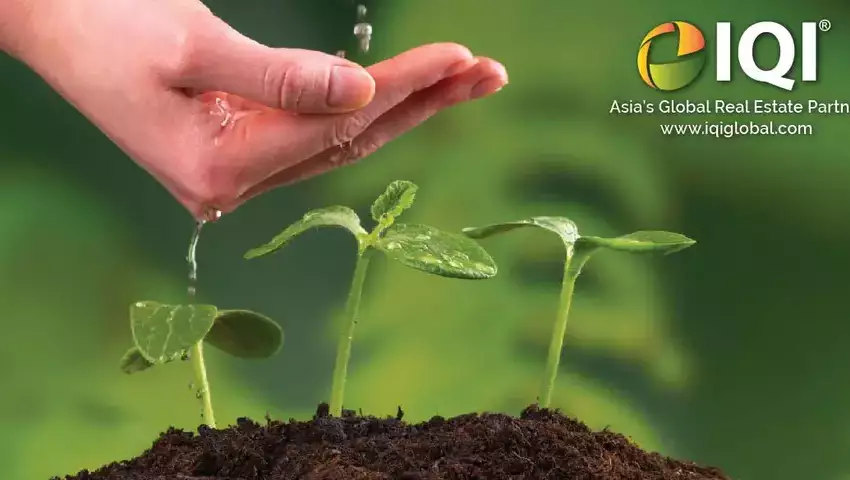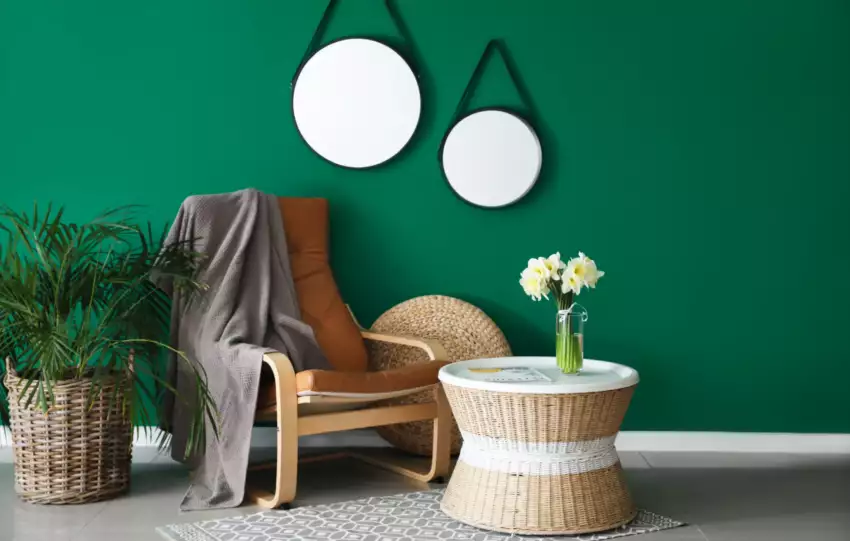Growing and planting your own fresh fruits and vegetables is an enjoyable activity, especially in a forever summer season in Malaysia.
Yet for homeowners who have limited or small spaces, do not despair. We have just the tips covered for you aspiring, amateur gardeners out there.
1. Organizing your space
The most important thing to consider when you want to plant indoors is the amount of space you have in your home. But sometimes, it is not about how big your place is but how you can customize it to save space. Here are some ways you can plant indoors when you live in a small house or an apartment:
- Container Gardening
It is the basis of all types of gardening. You can plant almost any plant you want if you have a container. It is also very space-efficient and easy for the plants to move around for sunlight.
- Vertical Gardening
Don’t have much floor space? Go vertical. Consider vertical gardens if you don’t have an outdoor space or wide window sills.
- Hanging Planter
Hanging your plants is also a great way to save space. You can also save the earth and your budget by recycling.
Don’t forget to place them where the sunlight hits. A few hours of morning sun is enough for the plants so find a spot where the morning sun hits.
2. Start growing with easy plants
Yes, once you have the small space available, you will be tempted to plant every variety possible for your upcoming Sunday brunch.
However, slow down, take a deep breath and start small by building your garden slowly. In Malaysia, there are certain fruits and vegetables you can grow in its forever summer season.
So choose wisely what kind of plants would suit you best for your future cooking plan.
Here are some vegetables that are easy to grow at home:


3. Choosing the right soil & watering daily
Choosing your soil is the most important step when it comes to growing any crops as it will determine the success of your crops.
You can grow almost any plants easily if you water them daily and get your soil right. A great way to know whether your plant needs more water is to simply put a finger in the soil to check its moisture level. Remember it’s the roots that need water, so always make sure the water reaches the roots and not only the upper soil.
4. Weed regularly
It is also very important to remove weeds from your garden regularly. Weeds are annoying and are very competitive with you are growing crops for nutrition, water and sunlight, especially when you have small space to work with. One thing to remember is to never compost them after removing weeds because there are seeds stuck to the roots and you might reseed them when you use the compost.
5. Start a compost system at home
When growing your own food in limited spaces, be aware of how it can affect your home. The best fertilizer for your crops is none other than compost as it reduces the need for chemical fertilizers and its benefits the soil. Instead of throwing away your food scraps and yard waste, they should be composted. This will also cut down the cost you invest in the chemical fertilizers.
Here are Three Basic Ingredients for all composting:
- Brown – These are materials such as dead leaves, branches and twigs.
- Green – These are vegetable waste, fruit scraps and coffee grounds
- Water – You need to have the right amount of water, greens and browns for compost development
Here are also some things you should not compost because they will create odour problems and will attract pests such as rodents and flies:
- Dairy products
- Fats, grease, lards or oils
- Meat or Fishbones
- Pet Wastes

Be proud of your home and decorate the walls with the colours of your life!
And with IQI and IQI Concept, we have a dedicated team to help you find that inspiration within.
[hubspot type=form portal=5699703 id=2380afe3-ad4c-4cfa-9abf-d3947e377bf2]



